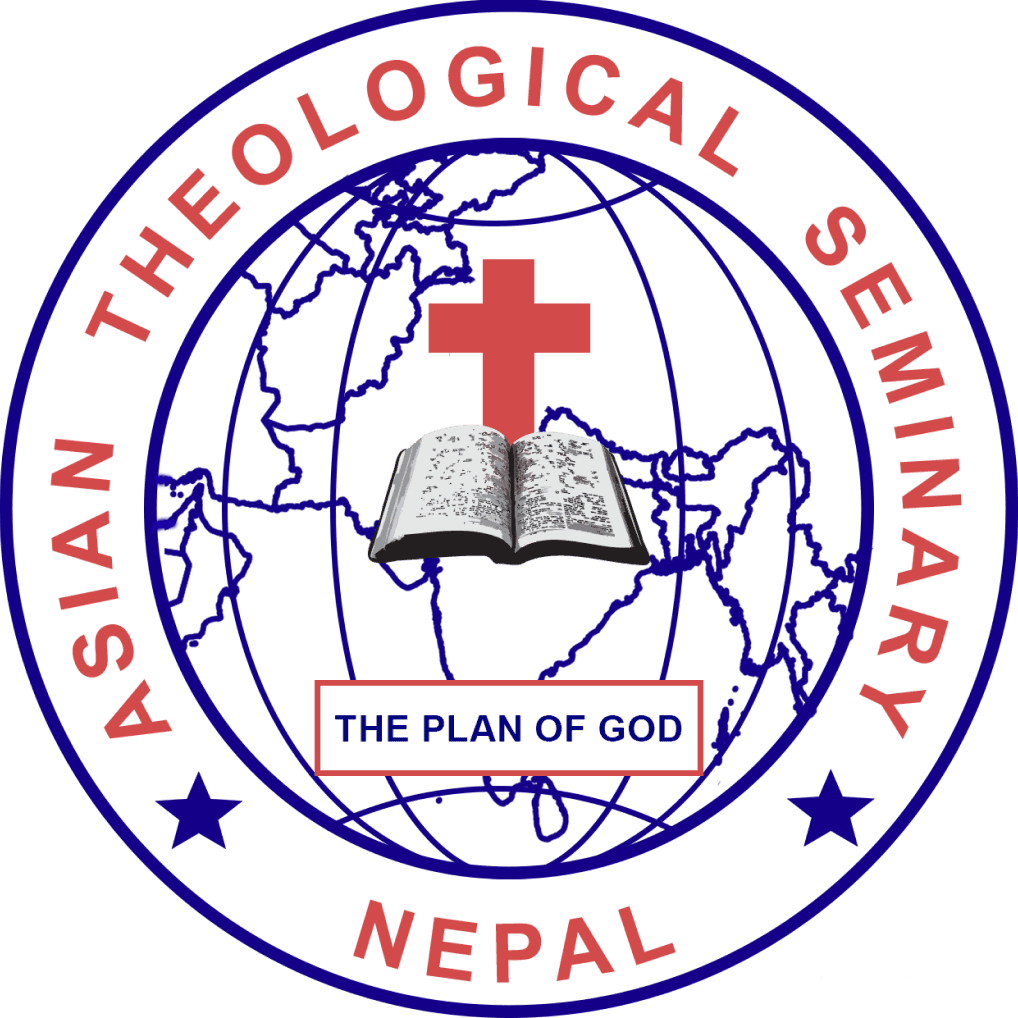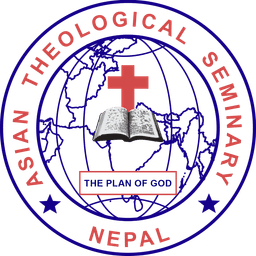

Detailed information on ATS academic programs and curriculum.
Detailed information on the curriculum and course structure for the Master of Divinity program.
The primary purpose of the Master of Divinity program is to provide students with an advanced and comprehensive understanding of the Bible. This involves an in-depth study of its historical context, theological concepts, and practical applications. Students are trained to develop advanced critical thinking and interpretive skills, enabling them to engage deeply and scholarly with scripture. The program emphasizes personal spiritual growth and development through rigorous biblical study, fostering a mature and profound relationship with the scriptures.
Another key purpose of the program is to prepare students for higher levels of Christian ministry. This includes roles such as senior pastors, theologians, missionaries, and educators within Christian contexts. The curriculum is designed to develop advanced practical ministry skills, including preaching, teaching, counseling, and leadership. Ethical and moral integrity is a primary focus, ensuring that students are prepared to lead both personally and professionally in accordance with Christian values at a more advanced and impactful level.
To be eligible for the Master of Divinity program, applicants must have completed a Bachelor of Theology (B.Th) or a related bachelor's degree with a minimum GPA of 2.0. This requirement ensures that students have the necessary academic foundation to succeed in higher theological education and can engage with more complex theological concepts.
In addition to academic qualifications, prospective students may need to submit a personal statement of faith, letters of recommendation, and possibly undergo an entrance exam and interview. These additional requirements help assess the applicant's commitment to and readiness for advanced theological study and ministry. They also provide insight into the student's spiritual maturity and vocational aspirations.
The Master of Divinity is a three-year program designed for full-time students. This duration allows for an in-depth exploration of theological topics, practical ministry training, and comprehensive academic research.
Students must complete a total of 78/108 credits to graduate. These credits are distributed across core theology courses, elective courses, practical ministry experiences, and a final capstone project or thesis. This structure ensures a balanced education that includes both theoretical knowledge and practical application, preparing students for advanced roles in ministry and academia.
One of the main aims of the program is to develop a strong foundation in Christian theology, church history, and biblical languages. Students are equipped to articulate and defend their faith through a deep understanding of theological concepts and historical contexts. This proficiency allows them to engage in scholarly debates and contribute to theological discourse.
The program also aims to provide hands-on ministry experience through internships, practicums, and ministry placements. Students are trained in essential practical skills such as sermon preparation, pastoral care, and community outreach. This training ensures they are well-prepared for real-world ministry challenges and can effectively lead and serve in various ministry contexts.
Encouraging personal spiritual development is a significant aim of the program. Students are guided to deepen their relationship with God and to live ethically, embodying Christian values in all areas of life. The program fosters a holistic approach to spiritual growth, integrating academic learning with personal faith development.
Fostering a rigorous academic environment is another key aim. The program encourages critical thinking and scholarly research, preparing students for potential further theological education or advanced degrees such as a Ph.D. This academic rigor ensures that graduates are well-equipped to contribute to theological scholarship and thought leadership.
The program aims to prepare students for effective community engagement. This involves understanding and respecting diverse cultural contexts and addressing contemporary issues from a biblical perspective. Students are equipped to provide leadership and make positive contributions within their communities, using their theological training to influence and inspire positive change.

Credit Hours: 18
| C.N | Subjects | Credit Hrs. |
|---|---|---|
| 501 | Hermeneutics | 3 |
| 511 | N.T. Introduction | 3 |
| 614 | Biblical Theology in Mission | 3 |
| 401 | Elementary Greek-I | 3 |
| 621 | Christian Ethics | 3 |
| 313 | O.T. Theology | 3 |
Credit Hours: 18
| C.N | Subjects | Credit Hrs. |
|---|---|---|
| 303 | Bibliology | 3 |
| 504 | O.T. Historical Books | 3 |
| 507 | Gospels & Acts | 3 |
| 401 | Elementary Greek-II | 3 |
| 230 | Apologetics | 3 |
| 314 | N.T. Theology | 3 |
Credit Hours: 18
| C.N | Subjects | Credit Hrs. |
|---|---|---|
| 308 | Anthro./Angelology | 3 |
| 508 | Pauline Letters | 3 |
| 503 | Pentateuch | 3 |
| 801 | Elementary Hebrew-I | 3 |
| 703 | Christian Leadership | 3 |
| 312 | Calvin Theology | 3 |
Credit Hours: 18
| C.N | Subjects | Credit Hrs. |
|---|---|---|
| 305 | Christology | 3 |
| 505 | Wisdom Literature | 3 |
| 802 | Elementary Hebrew-II | 3 |
| 604 | Christian Counseling | 3 |
| 306 | Soteriology | 3 |
| 280 | Charismatism | 3 |
Credit Hours: 18
| C.N | Subjects | Credit Hrs. |
|---|---|---|
| 310 | Pneumatology | 3 |
| 506 | O.T. Prophets | 3 |
| 601 | Mastering in Management | 3 |
| 603 | Expo. preaching | 3 |
| 315 | Contemporary Theology | 3 |
| 080 | Field Report | 3 |
Credit Hours: 18
| C.N | Subjects | Credit Hrs. |
|---|---|---|
| 309 | Ecclesiology | 3 |
| 509 | General Letters | 3 |
| 510 | Expo. Daniel & Revelation | 3 |
| 311 | Eschatology | 3 |
| 316 | Pauline Theology | 3 |
| 009 | Thesis | 3 |
